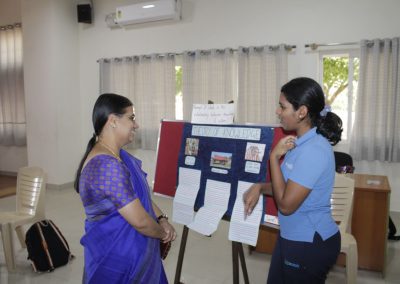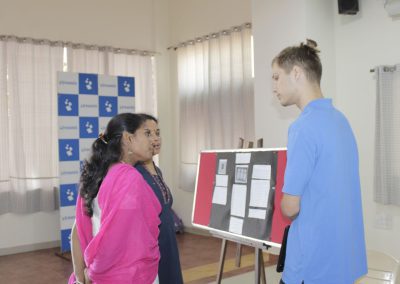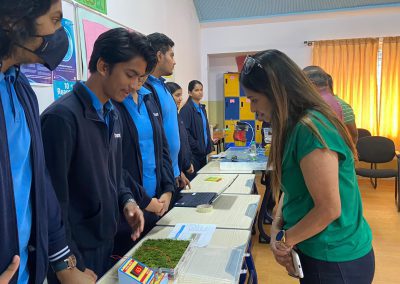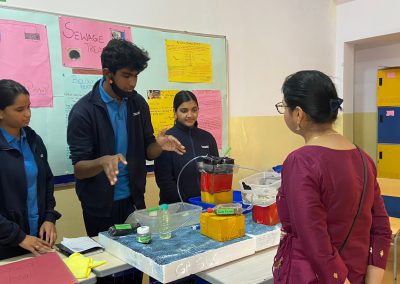Primary Years Programme
The IB Primary Years Programme begins at the age of 3 when the child enters pre-kindergarten. At the primary level, children are developed into inquiring, knowledgeable, curious, caring, and lifelong learners, with skills such as adaptability and empathy that will equip them to face the complex challenges in future.
The key features of the programme are:
- Creating tomorrow’s global citizens. The programme emphasises the IB learner profile attributes and the approaches to learn and develop international-mindedness.
- Inquiry-based approach: The mentors facilitate learners to acquire new knowledge while building upon their prior information. Learners are encouraged to focus on investigation, questioning and problem-solving skills of real world challenges, through exploration, creativity and self-expression. Mentors employ different strategies such as structured, open-ended, problem-based and guided inquiry.
- Transdisciplinary themes: Transdisciplinary approach encourages the learners to explore and understand various subjects under one theme. They gain vital skills and a deeper understanding of the concepts that help them become responsible for their learning and work collaboratively with their peers.
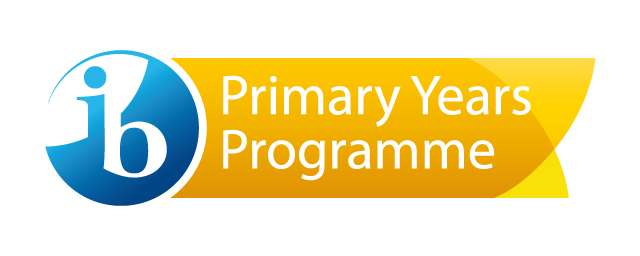
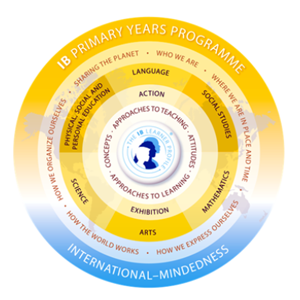
Beyond Classroom Learning
- Parent/teacher/student Conferences (PTC): During these conferences held twice a year, the homeroom mentor and the subject mentors provide comprehensive feedback for each learner, basis which, we set achievable goals and action items for parents, learners and the mentors.
- Pinnacle Day: At the end of each term, learners celebrate and showcase their learning. Each learner is an active participant and gets an opportunity to take the audience along their learning journey over the term.
- Student-led conferences: In this annual event organised once a year by the learners, parents understand and appreciate the learning journey. Learners lead the session with their presentation on various themes and engage the audience in meaningful and relevant conversations.
- Assessments and Performance Reports: Parents receive detailed and comprehensive reports at the end of each term. The reports document progress in relation to units of inquiry and stand-alone subjects, the learner profile attributes, attitudes and skill development.
- The PYP Exhibition: In Grade 5, the learners carry out an extended, in-depth, collaborative project known as the PYP exhibition. This involves learners working collaboratively to conduct an inquiry into real life issues or problems, reflect and take workable action. They demonstrate independence and responsibility for their own learning. Learners synthesise and apply their learning of the previous years and reflect upon their journey through the PYP.
- Parent – Teacher Meetings: Parents or a mentor can initiate a meeting at a mutually convenient time to address any specific issue of concern or solicit feedback about the learner. During this meeting, goals are set and action items are documented to achieve the desired goals.
For information on IBPYP refer to the brochure
The theater program is managed by a professional team of trained and experienced actor-teachers. The objective of the program is to help students develop skills such as creativity, empathy, communication, social, critical thinking and confidence.
Playing characters help learners imagine what it would be like to be someone else, which can help develop their imagination and creativity.
They understand human emotions and develop empathy by immersing them in a story and allowing them to put themselves in the characters' shoes. Theatre provides a safe space for students to express themselves and explore different roles, which can help them build self-confidence. The students gain cultural understanding, reduce stress and enhance their academic performance.
IBDP
Diploma Programme
The International Baccalaureate Diploma Programme is designed as an academically challenging and balanced program of education with final examinations that prepare students, normally aged 16 to 19, for success at university and life beyond. The program is normally taught over two years and has gained recognition and respect from the world’s leading universities.
IB Diploma Programme helps students with tools such as the sense of preparedness, self-confidence, research skills, ability to manage resources, etc, needed to succeed at college. IB develops time management and organization skills.
The program offers a balanced curriculum, including six subject groups and three core elements: Theory of Knowledge (TOK), Extended Essay (EE), and Creativity, Activity, Service (CAS).
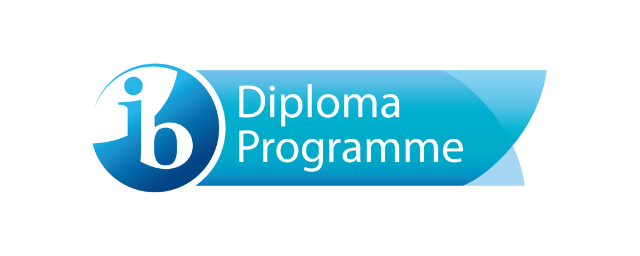
Why Choose
for IBDP?
Day, Weekly & Full Boarding options
Qualified instructors who have consistently produced global toppers
Ideal environment for CAS with a mix of Art, Sports & Service activities
100% placements in universities across the globe & alumni interns at top MNCs
Small class size of 20 students allows individual attention. Overall teacher-student ratio 1:8
Spacious classrooms and green & secure campus enable wholesome learning environment
Subjects Offered at Treamis:
- Theory of Knowledge (TOK): Encourages students to reflect on the nature of knowledge and how we know what we claim to know.
- Extended Essay (EE): Students undertake an independent research project (4000 words essay) on a topic of their choice, under the guidance of a supervisor.
- Creativity, Activity, Service (CAS): Students participate in a range of activities alongside their academic studies, promoting personal growth and development.
| Groups | Subjects |
|---|---|
| 1. Studies in Language and Literature | English Language and Literature HL/SL |
| 2. Language Acquisition |
|
| 3. Individuals and Societies |
|
| 4. Experimental Sciences |
|
| 5. Mathematics |
|
| 6. Arts |
|
Creativity, Activity, and Service (CAS)
